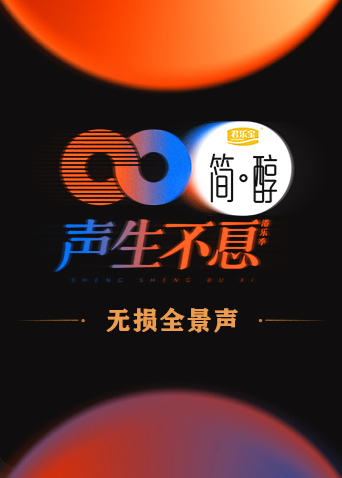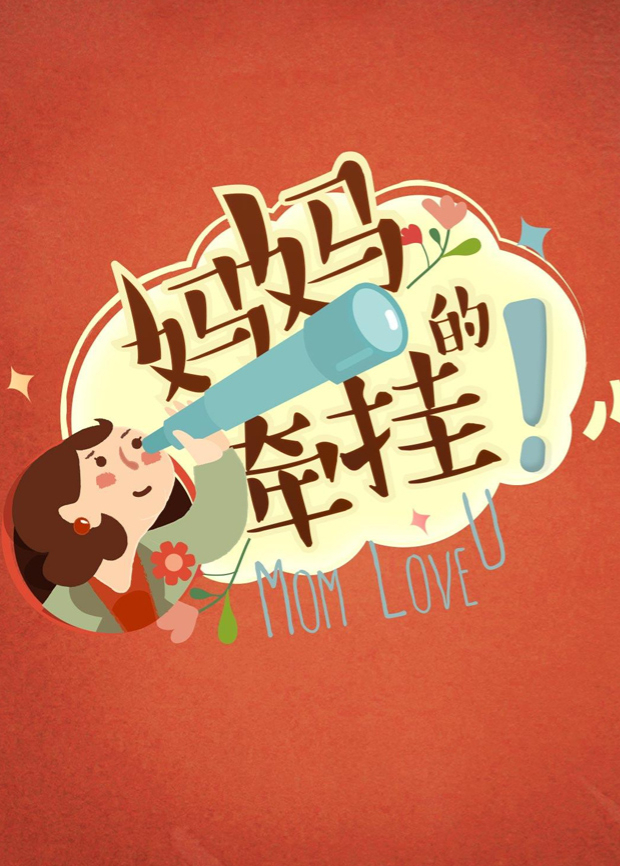小草A highly intelligent, but accelerated nerdish boy falls in love (for the first time) with an older girl and goes through several obstacles after another to gain not only her heart, but the acceptance and respect he has longed for his whole life.

小草A highly intelligent, but accelerated nerdish boy falls in love (for the first time) with an older girl and goes through several obstacles after another to gain not only her heart, but the acceptance and respect he has longed for his whole life.

回复 :上古时期,妖神之战虽已过千年,但世间的恶念贪欲仍不断滋生,不仅引致禁锢妖神之力的神器封印逐渐松动,各方势力更为此蠢蠢欲动。为阻止妖神再度现世,仙界之首、长留掌门白子画邀众仙派联手,对抗七杀叛变,并召回神器再度封印。但此期间,一个叫“花千骨”的凡人女子竟意外闯入仙界。自幼,花千骨便身陷“天煞孤星”之宿命,受尽人世偏见之苦,为改变命运,她一心拜白子画为师。重重考验之下,花千骨不仅成为白子画的座下弟子,两人更因朝夕相对,互生情愫,不料却被卷入一个巨大的阴谋之中……
回复 :一艘船停泊在布瑞斯特港,船上有个名叫奎雷尔的英俊水手(布拉德·戴维斯 Brad Davis 饰)。他被船上少校赛隆(弗兰克·尼洛 Franco Nero 饰)暗暗迷恋着,还和船长罗伯特(汉诺·波西尔 Hanno Pöschl 饰)保持暧昧关系;他勾搭当地酒吧老板诺诺(冈瑟·考夫曼 饰),主动在色子游戏里输给他以便和他发生关系;他贩毒,还杀掉了同伙,警察马里奥(伯克哈德·德里斯特 Burkhard Driest 饰)盯上了他,又迷上了他;年轻人吉尔(汉诺·波西尔 Hanno Pöschl 饰)也爱上了他,还被他嫁祸杀人罪名;诺诺的妻子吕西娜(让娜·莫罗 Jeanne Moreau 饰)也对他兴趣满满……英俊的奎雷尔,狠心的奎雷尔,谁也说不清他到底爱谁,谁都甘愿做他手里的棋子,塞隆上校看着一切,知晓一切,每天对着录音机讲述自己的爱慕之情……
回复 :2018年5月和6月,Jean Gabriel P_Riot与位于Ivry Sur Seine的一所高中的10名电影班学生合作,开展了一项将电影与政治结合起来的项目。学生们在摄像机前和摄像机后工作,重新布置罢工、抵抗和劳资纠纷的场景,这些电影可以追溯到20世纪60年代末到70年代末,包括让-卢克-戈达尔和阿兰-坦纳的电影。nos d_faites汇集了调查结果,并增加了采访,在采访中,导演询问学生他们刚刚表演的场景,关于“阶级”、“工会”和“政治参与”等概念,以及更广泛的社会背景。这是一个简单,但尖锐的设置,让观众一瞥年轻一代如何看待政治和过去的政治电影。这部影片还记录了导演试图激怒学生的企图。在导演和学生似乎处于平等地位的遭遇中,基于从未见过的导演更多类似于老师的提问,以及此时此刻对革命的思考:起义的表现反映了同样的情况。这会导致一个真实的发生吗?In May and June 2018, Jean-Gabriel Périot collaborated with ten students in a film class at a high school in Ivry-sur-Seine on a project that unites cinema with politics. The students worked both in front of and behind the camera, restaging scenes of strikes, resistance, and labour disputes from films dating from the late 1960s to the late 1970s, including ones by Jean-Luc Godard and Alain Tanner. Nos défaites assembles the results, and adds interviews in which the director queries the students about the scenes they’ve just acted in, about such concepts as “class,” “labour union,” and “political engagement,” about wider social contexts. It’s a simple, yet trenchant setup, affording viewers a glimpse of how a younger generation sees politics and the political cinema of the past. The film also documents the director’s attempts to stir up the students. The conversations vary between encounters in which director and students seem on an equal footing, based on more teacher-like questioning by the never-visible director, and contemplations of revolution in the here and now: the performance of an uprising follows reflection upon the same. Could this lead to one happening for real?回到1968年的电影时代,继续对重放从过去跳出来的电影节选的年轻人进行今天的采访,我们的失败描绘了我们当前与政治的关系。我们的失败,还是我们有足够的力量来面对今天的混乱?By going back into the cinema of the 1968 era and going forward with present-day interviews of young people who replay excerpts of film s jumping out from the past, Our Defeats draw the portrait of our current relations with politics. Our Defeats, or do we keep enough forces to confront ourselves with the chaos of today?



